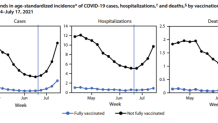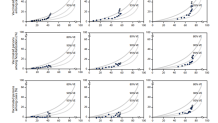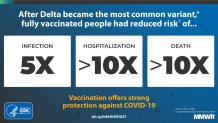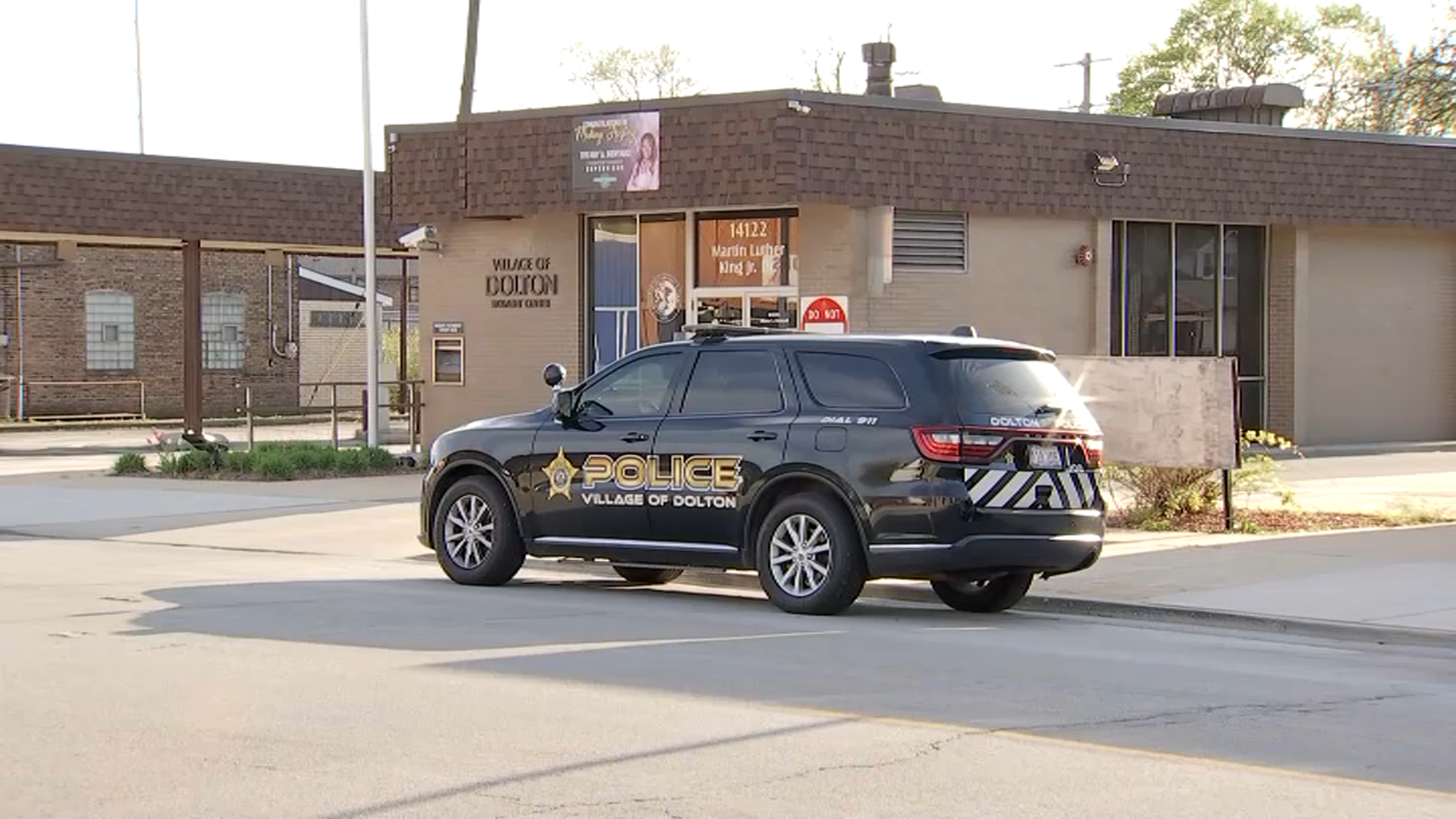A new CDC study out Friday provides what may be the most jolting evidence yet of the threat the highly contagious delta variant may pose to the fully vaccinated, particularly as it usurped every other COVID-19 strain to dominate American cases.
What's also clear though: That danger is magnified 10 times for people who aren't fully immunized against the virus, researchers found.
The health agency analyzed percentages of total cases, hospitalizations and deaths by vaccination status across 13 jurisdictions, including those in Indiana and Minnesota, between April 4 and July 17, which was when delta's U.S. prevalence soared from less than 1% of new weekly cases to 90% of new weekly cases.
In that time frame, fully vaccinated people in the 13 jurisdictions studied accounted for 9% of new COVID deaths and 8% of new hospitalizations. They accounted for 8% of new cases during the same timeframe, though health officials at all levels of government are consistently more concerned about the first two metrics, which indicate the most severe outcomes associated with COVID breakthrough infections.
Feeling out of the loop? We'll catch you up on the Chicago news you need to know. Sign up for the weekly Chicago Catch-Up newsletter here.
No doubt, vaccination (this CDC report didn't break out breakthrough cases by vaccine brand, specifically) has been a proven protector. Ninety-one percent, 92% and 92%, respectively, of COVID-associated deaths, hospitalizations and cases within the period April 4 through July 17 were among the unvaccinated. But any apparent risk to fully immunized people has been a critical issue these past months.

And the risk only appeared to intensify as delta's weekly prevalence grew, based on the CDC's research. This latest study broke out the research timeframe into two periods -- April 4 to June 19, when delta's prevalence was rising significantly, and June 20 to July 17, when it comprehensively seized the U.S. and the entire globe.
In the first date range assessed, fully vaccinated people accounted for 8% of new COVID deaths, 7% of hospitalizations and 5% of cases. These percentages dramatically increased during the June 20 to July 17 study period -- to 16% of new COVID deaths, 14% of new hospitalizations and 18% of new COVID cases.

Full vaccination rates across the 13 jurisdictions studied did increase between the two time periods -- from 37% in the first period, April 4 to June 19, to 53% in the second, June 20 to July 17. Based on research that presumes 90% vaccine effectiveness, the CDC says it would have expected vaccinated people to account for 6% of new cases, which is close to the 5% observed, in the first period studied and around 10% of new cases in the second, which fell well short of the 18% found.
Local
Fully vaccinated people accounting for 18% of new COVID cases in the period June 20 to July 17 would have been expected if vaccine effectiveness were at 80%, the CDC said. As delta's prevalence topped 50%, the percentage of fully vaccinated people among new COVID cases in each age group increased at rates that reflected that lower vaccination effectiveness benchmark of 80%, researchers said.
COVID hospitalization and death increases among vaccinated people age 65 and older also appeared higher than expected, according to the CDC. Still, the overwhelming risk delta poses to unvaccinated people is clear in this latest data.
New death, hospitalization and case rates were substantially higher in unvaccinated people versus vaccinated people in all 13 U.S. jurisdictions. This latest CDC study says its findings are consistent with previous research indicating delta is more likely to cause breakthrough infections than other strains but not more likely -- in a statistically significant sense -- to cause more severe outcomes.
Even after delta become the most dominant variant, fully vaccinated people were five times less likely to be infected with COVID, 10 times less likely to be hospitalized because of it and 10 times less likely to die of virus-associated complications compared with unvaccinated people, the CDC found.
"Findings were consistent with a potential decline in vaccine protection against confirmed SARS-CoV-2 infection and continued strong protection against COVID-19–associated hospitalization and death," the CDC study said.
"Getting vaccinated protects against severe illness from COVID-19, including the Delta variant, and monitoring COVID-19 incidence by vaccination status might provide early signals of changes in vaccine-related protection that can be confirmed through well-controlled vaccine effectiveness studies," the study said.

Researchers identify a number of limitations in their study, including adding partially vaccinated people to their non-immunized assessment, lags in death reports, assumptions around the timing of delta's weekly case prevalence hitting 50% and the fact the 13 jurisdictions represent just 25% of the U.S. population.
The U.S. government has also forcefully acknowledged the threat of delta. President Joe Biden unveiled a six-point plan Thursday to combat that variant's threat, including sweeping new vaccination mandates and school recommendations.
See all the highlights of Biden's new delta variant strategy right here.



